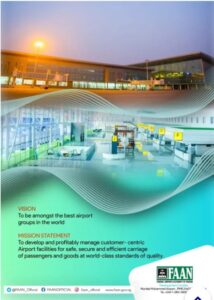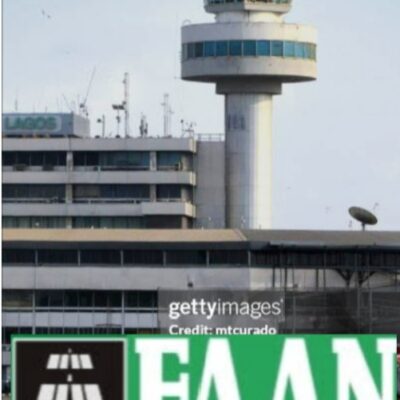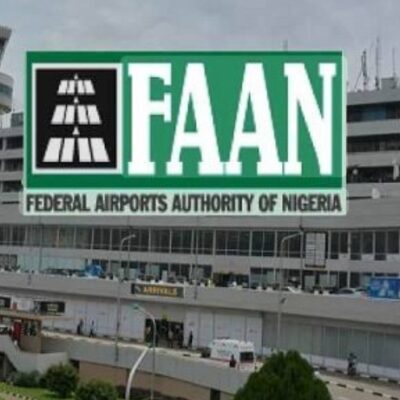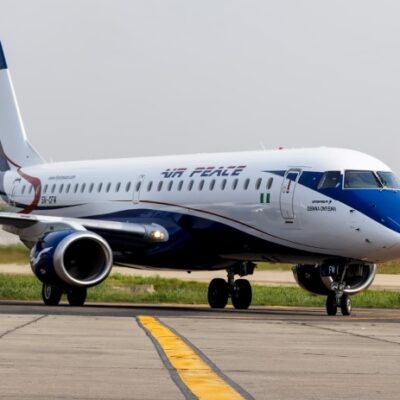
BY OLAPEJU OLUBI
Driven by its commitment to advance safety across all modes of transportation in Nigeria, air, maritime, rail and land, the Nigerian Safety Investigation Bureau (NSIB) has unveiled a harmonised, independent and future-facing investigative framework.
Empowered by the NSIB Act of 2022, the Bureau is spearheading a new era of multimodal transport safety oversight, aimed not just at investigating accidents but preventing them through robust learning and actionable reforms.
Central to this effort are two pivotal regulatory instruments currently being finalised: the NSIB Casualty Investigation Regulations for the Maritime Mode of Transport and the Rail and Track Accident Investigation Regulations.
These documents, the Bureau noted, are being developed in alignment with global best practices while being tailored to reflect the operational realities of Nigeria’s transport ecosystem.

The maritime framework draws from the International Maritime Organization’s (IMO) Casualty Investigation Code and will guide the investigation of incidents on inland waterways, ports, and Nigerian-flagged vessels.
The proposed rail regulations, meanwhile, are being designed with reference to international rail safety norms, carefully adapted to Nigeria’s evolving railway infrastructure and geography.
These upcoming regulations build on NSIB’s long-standing compliance with the International Civil Aviation Organization’s (ICAO) Annex 13, the global standard for aviation accident investigation.
With this unified, mode-agnostic approach, the Bureau seeks to foster a national culture of transport safety grounded in consistency, transparency, and actionable insight.
“The goal is not merely to investigate accidents, but to ensure that every finding and every safety recommendation becomes a cornerstone for safer transportation in Nigeria. Our regulations are not only about compliance; they are about relevance, relevance to our waterways, rail systems, and the millions of Nigerians who depend on them daily,” said Captain Alex Badeh Jnr., Director General/Chief Executive Officer, NSIB
In a marked departure from abstract, top-down policy development, NSIB has prioritised inclusive consultation.
The regulatory development process has involved extensive fieldwork, including visits to jetties, inland waterways, ports, and railway facilities nationwide.

This hands-on engagement, the Bureau says, ensures that the regulations are practical, context-sensitive, and free from theoretical ambiguities.
While NSIB’s primary mandate is the independent investigation of transport accidents and the issuance of safety recommendations, the actual implementation of these recommendations falls under the jurisdiction of other critical agencies.
To this end, the Bureau is calling for increased collaboration and internal capacity-building from key stakeholders.
These include the Nigerian Maritime Administration and Safety Agency (NIMASA), Nigerian Ports Authority (NPA), Nigerian Shippers’ Council, National Inland Waterways Authority (NIWA), National Oil Spill Detection and Response Agency (NOSDRA), and the Nigerian Railway Corporation (NRC).
“Safety recommendations are not mere reports; they are calls to action. The effectiveness of any investigation is measured not by how well it is written but by how well it is implemented. We urge our partner agencies to view this as a shared mission for national safety,”, the NSIB boss added.
The Bureau is advocating for an integrated learning culture where safety lessons from maritime, rail, and air accidents are shared across sectors to establish a unified benchmark for proactive safety planning.
In the coming weeks, as the final drafts of the new regulations are shared with stakeholders, NSIB plans to roll out a nationwide sensitisation campaign.
The aim is to deepen understanding and drive engagement among both institutional actors and the general public.
As Nigeria scales up its transport infrastructure to support economic growth, the NSIB insists that safety must remain at the heart of development efforts.
“The NSIB stands ready—not only as an investigator of past tragedies but as a catalyst for a safer and more resilient transport future for all Nigerians,”, it added.
Olapeju is a journalist and aviation reporter.





